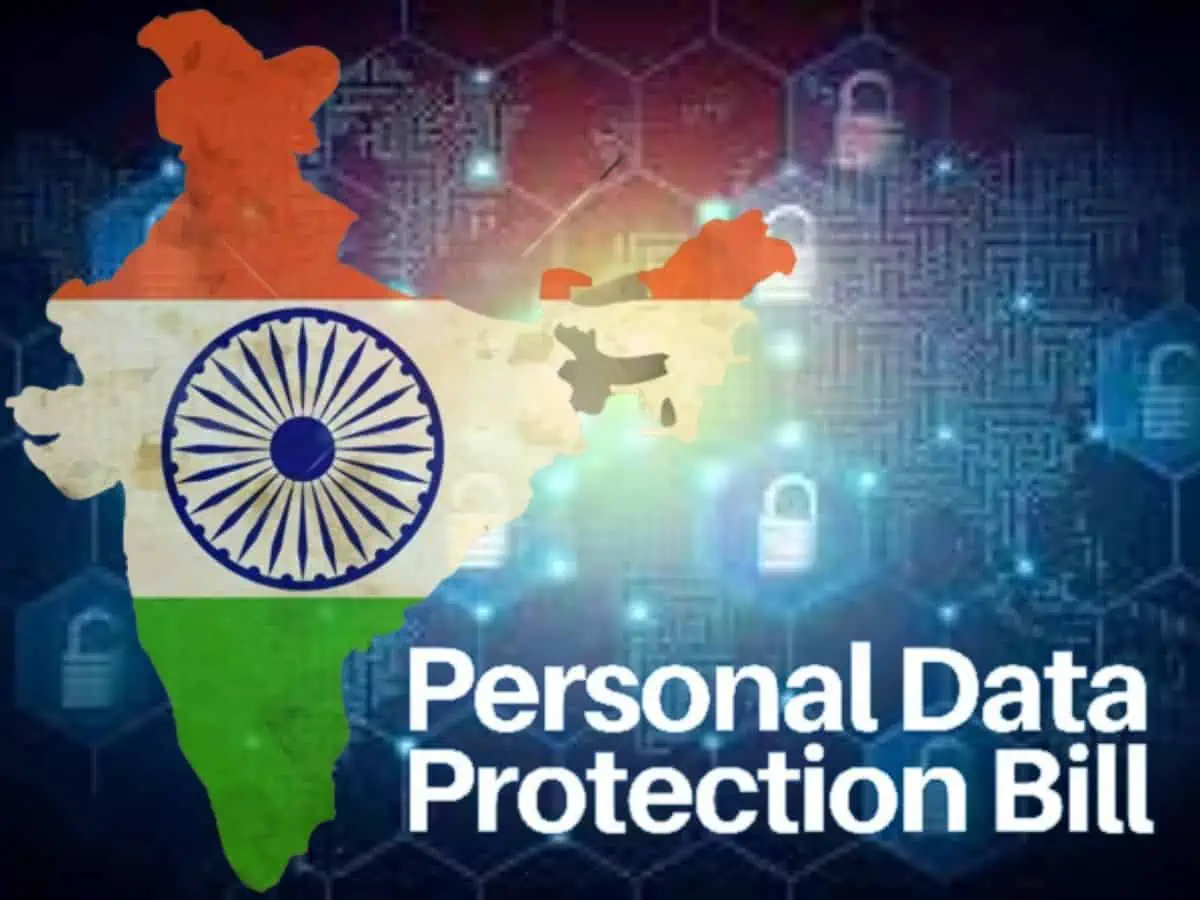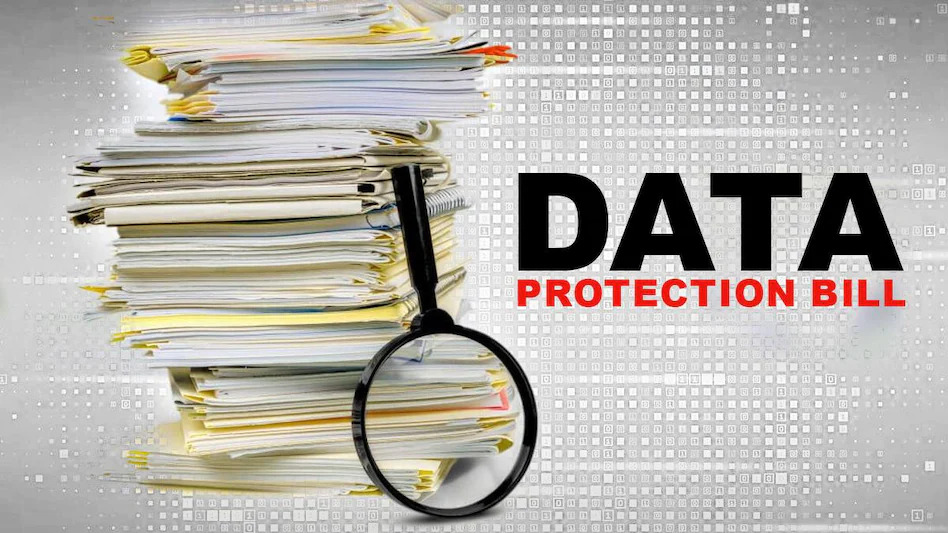In today’s digital age, the exchange of personal data has become an essential aspect of our daily lives. From online transactions to social media interactions, our personal data is constantly being shared, stored, and transmitted online. However, with the rise of cybercrimes and data breaches, the need for robust data protection measures has become increasingly urgent. To address this concern, the Indian government has introduced the Digital Personal Data Protection (DPDP) Bill, aimed at safeguarding the rights of citizens and ensuring the protection of their personal data. But what exactly is this bill, and how will it impact our online activities?
What is the Digital Personal Data Protection Bill?
The DPDP Bill is a comprehensive legislation aimed at regulating the processing and protection of personal data in India. The bill aims to protect the rights of individuals and ensure that their personal data is processed fairly, transparently, and with their consent. The bill defines personal data as any information relating to an identified or identifiable individual, including biometric and genetic data. The bill also introduces the concept of “data fiduciary,” which refers to an organization or individual responsible for processing personal data.
Key Provisions of the Digital Personal Data Protection Bill

The DPDP Bill introduces several key provisions aimed at protecting personal data. One of the most significant provisions is the requirement for data fiduciaries to obtain consent from individuals before processing their personal data. The bill also mandates that data fiduciaries provide clear and concise information to individuals about the processing of their personal data, including the purposes for which it will be used and the expected duration of the processing. Additionally, the bill establishes the Data Protection Board of India, an independent regulatory body responsible for enforcing the provisions of the bill and ensuring compliance by data fiduciaries.
Impact of the Digital Personal Data Protection Bill on Online Activities
The DPDP Bill is likely to have a significant impact on online activities in India. The bill’s provisions requiring consent, transparency, and accountability from data fiduciaries will lead to a more safer and more secure online environment. The bill will also provide greater control to individuals over their personal data, allowing them to make informed decisions about the collection and use of their data. Furthermore, the bill’s establishment of the Data Protection Board of India will provide a centralized authority for addressing data protection concerns and ensuring compliance by data fiduciaries.
The Digital Personal Data Protection Bill is a significant step towards safeguarding the rights of citizens in India and ensuring the protection of their personal data. The bill’s provisions requiring consent, transparency, and accountability from data fiduciaries will lead to a more secure online environment, and its establishment of the Data Protection Board of India will provide a centralized authority for addressing data protection concerns. As the bill is implemented, it is essential for individuals and organizations to understand their roles and responsibilities in protecting personal data and ensuring compliance with the bill’s provisions. With the DPDP Bill in place, India can move towards a more digital and more secure future, where individual privacy and data protection are prioritized.


